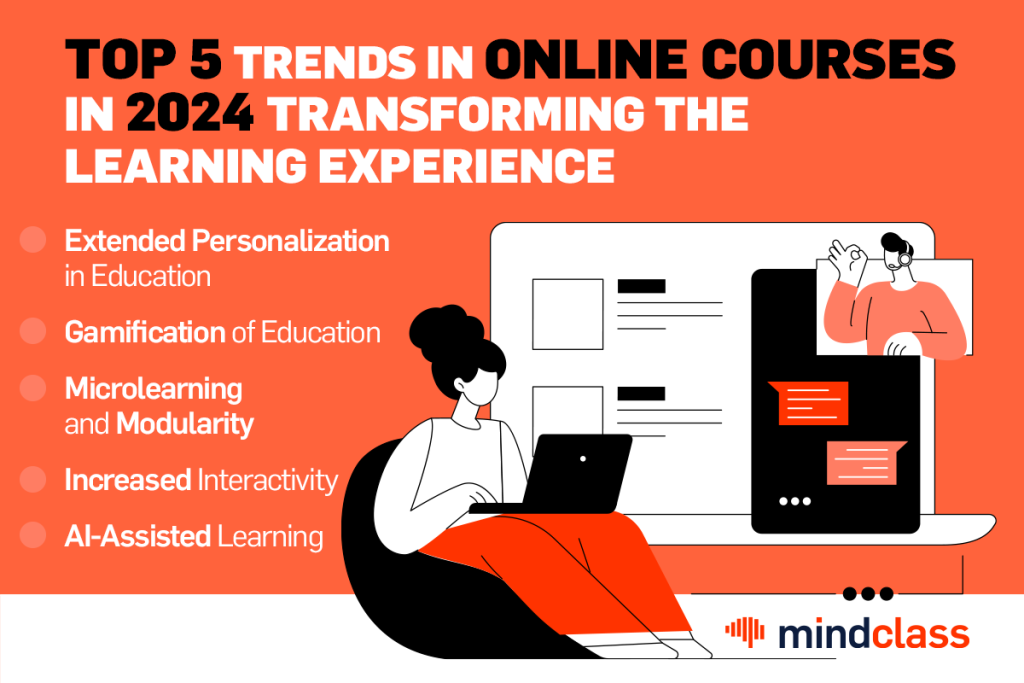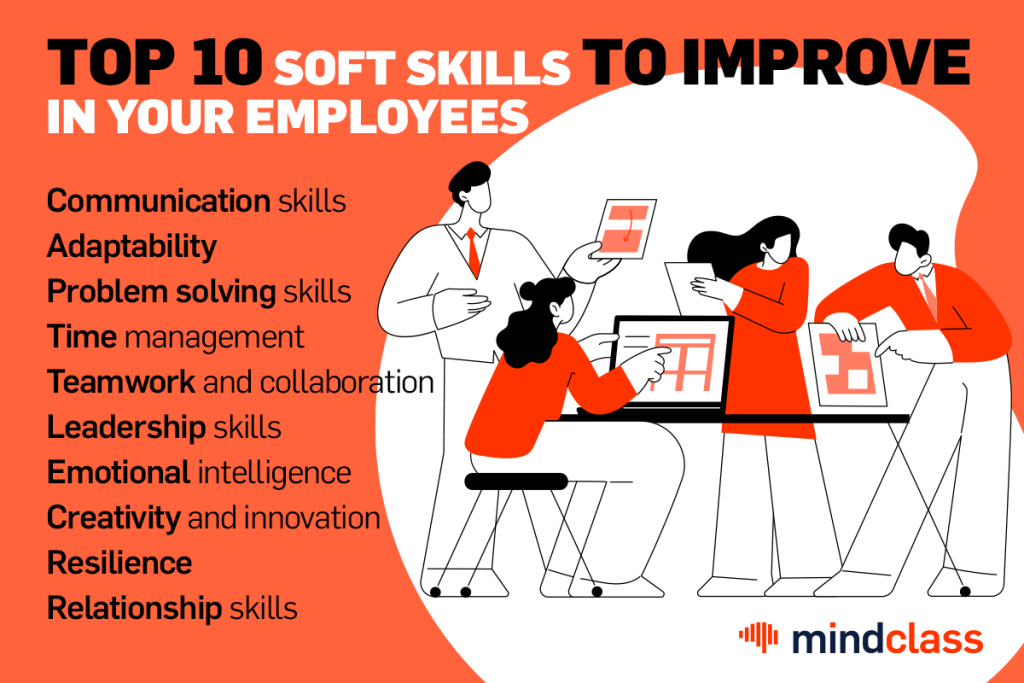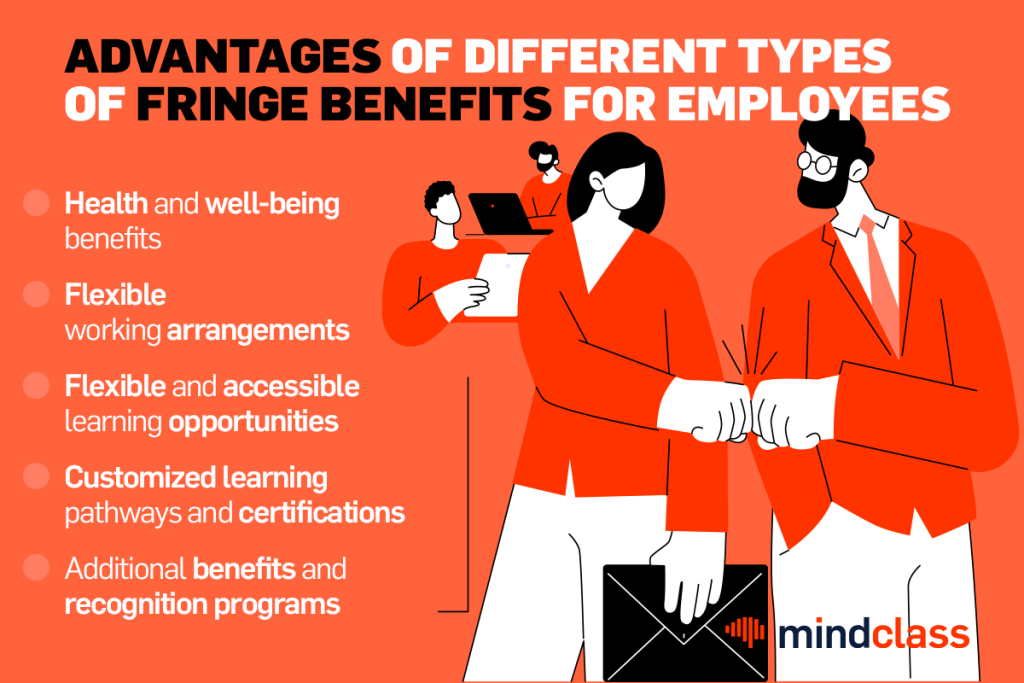- Personalizare extinsă în educație
- Gamificarea educației
- Microlearning și modularitate
- Interactivitate crescută
- Învățarea asistată de inteligență artificială
- mindclass
Cursurile online au devenit din ce în ce mai populare, oferind oportunități semnificative de învățare și dezvoltare personală. În acest articol, vom explora care sunt tendințele în cursurile online în 2024 care vor schimba fundamental modul în care ne perfecționăm și ne îmbunătățim abilitățile. Pentru studenți și angajați dornici să atingă rezultate remarcabile prin învățare și dezvoltare continuă, aceste tendințe reprezintă o oportunitate.
Personalizare extinsă în educație
O tendință semnificativă în cursurile online în 2024 este personalizarea extinsă a experienței de învățare. Platformele vor utiliza algoritmi avansați pentru a adapta conținutul la nevoile și ritmul fiecărui student sau angajat. Această abordare asigură o învățare eficientă și optimizată, care se aliniază cu obiectivele individuale.
Gamificarea educației
În 2024, gamificarea educației devine o tendință tot mai populară în cadrul cursurilor online. Integrarea elementelor de joc în procesul de învățare poate stimula participarea și implicarea, transformând astfel experiența de învățare într-o activitate distractivă și motivantă. Prin intermediul competițiilor, punctelor și nivelurilor, studenții și angajații sunt încurajați să-și dezvolte abilitățile într-un mod interactiv și captivant.

Microlearning și modularitate
Într-o lume în care timpul este prețios, microînvățarea și modularitatea devin din ce în ce mai importante. Cursurile online vor oferi module mici, ușor de consumat, care permit utilizatorilor să învețe în ritmul lor, facilitând asimilarea eficientă a informațiilor. Această tendință se potrivește perfect nevoilor atât ale studenților, cât și ale angajaților, permițându-le să-și organizeze mai bine timpul de învățare.
Interactivitate crescută
Tendința către cursuri online interactive va fi esențială în 2024. Instrumente precum discuțiile live, proiectele de grup și simulările vor adăuga o dimensiune practică și aplicată la învățare. Această interactivitate nu doar crește nivelul de angajament, ci și facilitează dezvoltarea abilităților practice într-un mediu virtual.
Învățarea asistată de inteligență artificială
În viitorul educației online, inteligența artificială va juca un rol din ce în ce mai semnificativ. Platformele de învățare online vor utiliza algoritmi de AI pentru a oferi recomandări personalizate, evaluări și feedback în timp real. Acest aspect nu doar optimizează procesul de învățare, ci și adaptează conținutul în funcție de performanțele individuale, contribuind astfel la o învățare mai eficientă și adaptabilă.
2024 aduce cu sine o evoluție semnificativă în modul în care accedem și beneficiem de cursurile online. Personalizarea, microînvățarea și interactivitatea devin elemente cheie, oferind posibilitatea atât studenților, cât și angajaților să se dezvolte într-un mod adaptat nevoilor și cerințelor lor individuale.
Descoperă cum mindclass poate transforma modul în care înveți și te dezvolți.
Înscrie-te astăzi pentru a beneficia de oportunități nelimitate de învățare și creștere personală. Împreună, construim un viitor în care succesul devine o continuă și accesibilă provocare.








